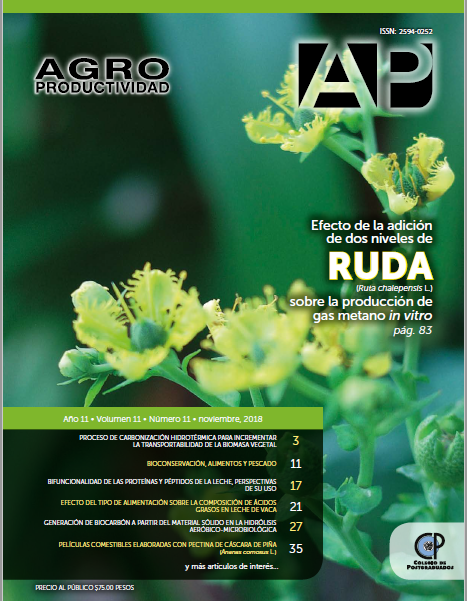PROBIOTICS AND NEURODEGENERATIVE DISEASES
Main Article Content
Keywords
probiotic, diseases, neurodegenerative.
Abstract
Objective: The objective of this review was to explore the effects of prebiotics on probiotics and how they affect some neurodegenerative diseases.
Design/ methodology / approach: The present work consisted in performing a search of scientific articles in SCOPUS and ScienceDirect using the keywords: prebiotic, probiotic, diseases and neurodegenerative.
Results: Breast milk consumed by the infant constantly supplies probiotic bacteria belonging to the genera Lactobacillus, Staphylococcus, Enterococcus, and Bifidobacterium, which perform the function of commensals in the intestine of the newborn baby and generate benefits such as being antimicrobial, anti-inflammatory and modulators of the immune response.
Study limitations/implications: Probiotic supplementation shows some hopeful trends that deserve studies with longer periods to assess whether probiotics have a clinically significant impact on cognitive and metabolic symptoms.
Findings/conclusions: The activity of probiotic bacteria can be favored by components with prebiotic activity such as oligosaccharides, non-protein nitrogen components and proteins, presenting a clinically significant impact on cognitive and metabolic symptoms.

